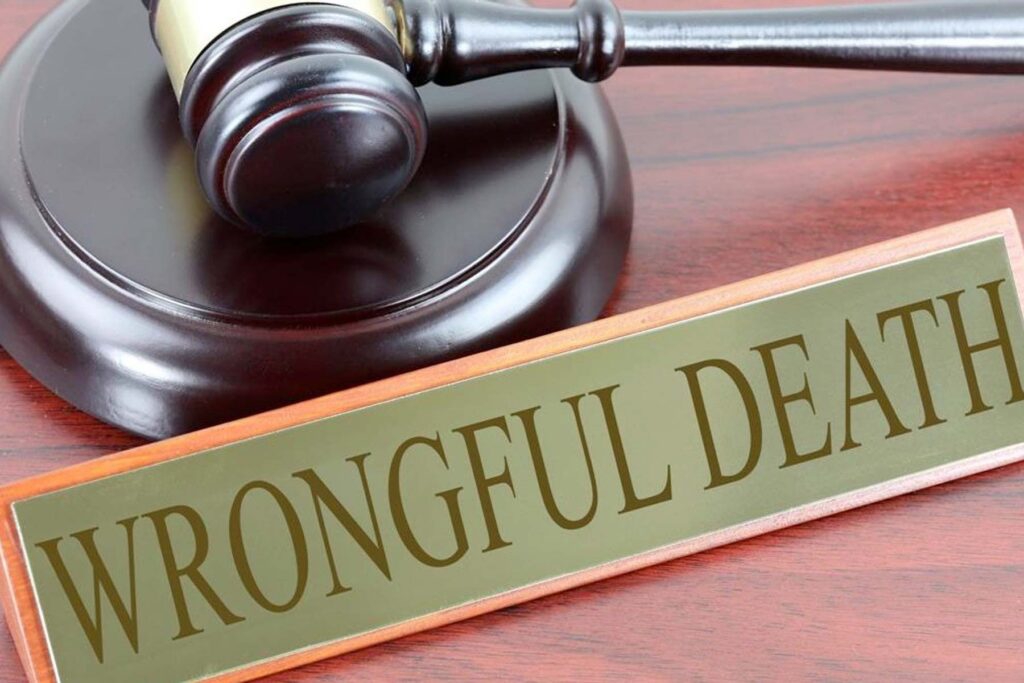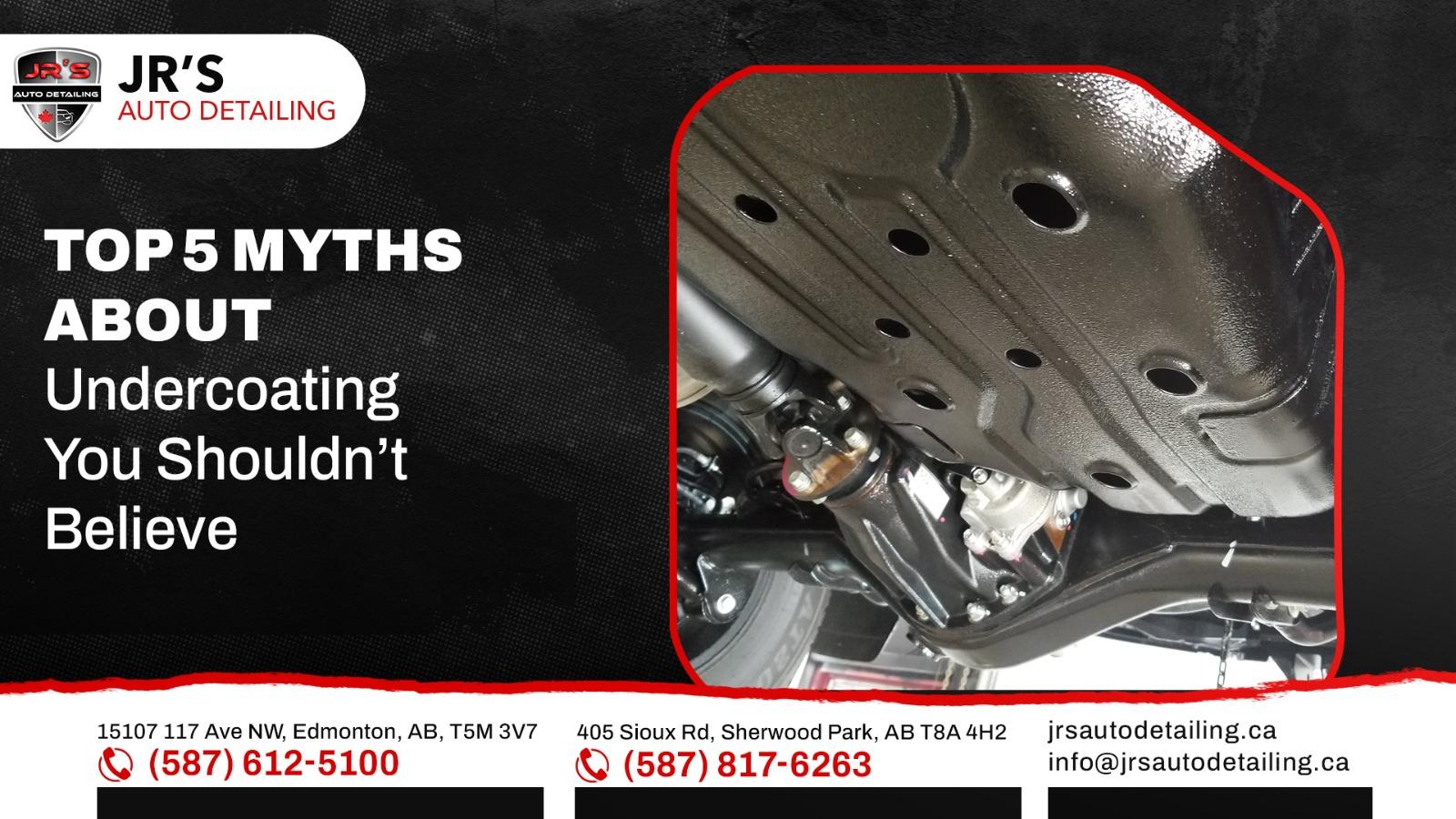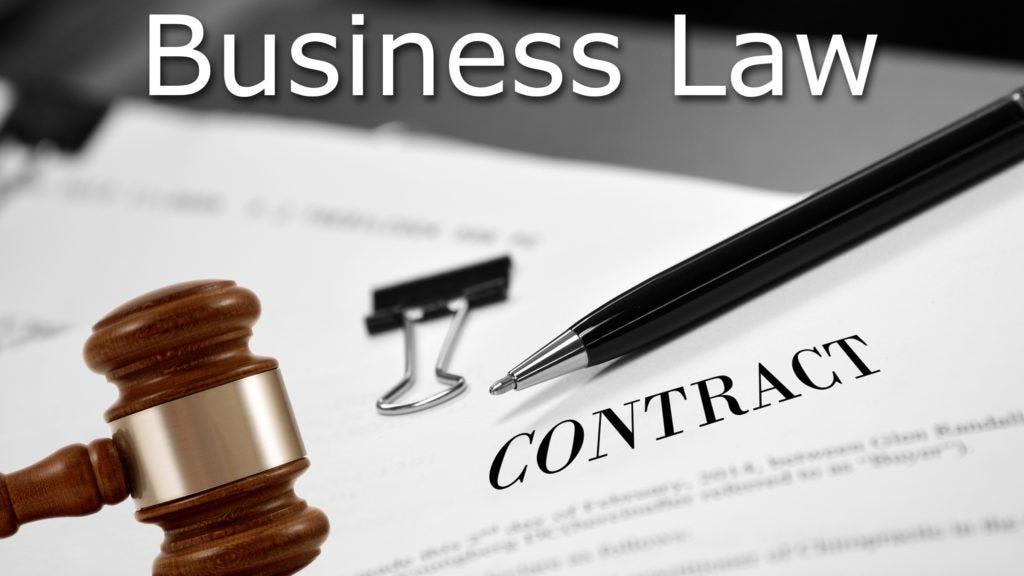
If you have lost a loved one in an accident, you may be considering filing a wrongful death suit. This is a complicated process according to KF&B, and you should know a few things before moving forward. This blog post will discuss six important things to know about wrongful death suits. By understanding the process and what to expect, you can make the best decisions for yourself and your family.
What is a Wrongful Death Suit
A wrongful death suit is a legal action brought by the survivors of someone who has died due to the negligence or misconduct of another person or entity. This type of suit is filed to seek damages for the victim’s death. The purpose of this type of lawsuit is to seek damages for the losses suffered by the deceased’s family members.
Who Can File a Wrongful Death Suit
Only certain people are authorized to file a wrongful death suit in most states. Typically, these are the spouse, children, or parents of the deceased. In some states, other relatives may also file a wrongful death suit. In some cases, other relatives may file a suit if they can prove that they were financially dependent on the deceased.
The Requirement for Cause of Action in a Wrongful Death Suit
Before you can file a wrongful death suit, you must establish a valid cause of action. This means that you must prove that the death was caused by the negligence or misconduct of another person or entity. The burden of proof lies with the plaintiff, and it can be difficult to prove negligence or misconduct. It is not enough to show that the death occurred under suspicious circumstances.
Damages That May Be Awarded in a Wrongful Death Suit
If you are successful in your wrongful death suit, you may be awarded damages for various losses suffered due to the death. These can include medical expenses, funeral and burial costs, income loss, pain, suffering, and emotional distress. In some cases, you may also be able to recover punitive damages, which are intended to punish the party at fault for their actions.
Elements of Damages That May Be Recovered in a Wrongful Death Suit
Not all damages that are recoverable in a wrongful death suit are monetary. In some cases, you may be able to get a court order requiring the party at fault to take specific actions or to provide for your family’s future needs. For example, you may be able to get the party at fault to pay for your family’s medical expenses or to provide for your children’s future education. If the death was caused by an automobile accident, you might be able to require the driver of the car to attend a driving school or install safety features in their vehicle.
Defenses to the Claim of Negligence and Causation Necessary for Filing the Lawsuit
Even if you can establish that someone else’s negligence caused your loved one’s death, they may still be able to defend themselves by arguing that you were also negligent. They may also argue that there was no causal connection between their actions and the death of your loved one. This can be a difficult argument to win, but it is not impossible.
Wrongful death suits are a legal remedy available to the surviving family members of someone who has died due to the negligence or intentional act of another. The purpose of a wrongful death suit is to provide financial compensation to the survivors for their loss. To be successful, the plaintiff must establish that the defendant’s actions were the direct cause of the death and that those actions amounted to negligence or an intentional act. Damages that may be awarded in a wrongful death suit vary depending on state law but typically include compensatory damages (for economic and non-economic losses), punitive damages, and attorney fees. Several damages may be recovered, including loss of consortium, loss of income, medical expenses, and funeral and burial costs.
Also read about:
How and why sport became a dangerous industry
Designing a lawn sprinkler system unique installation tips
Mexican car insurance san Diego










